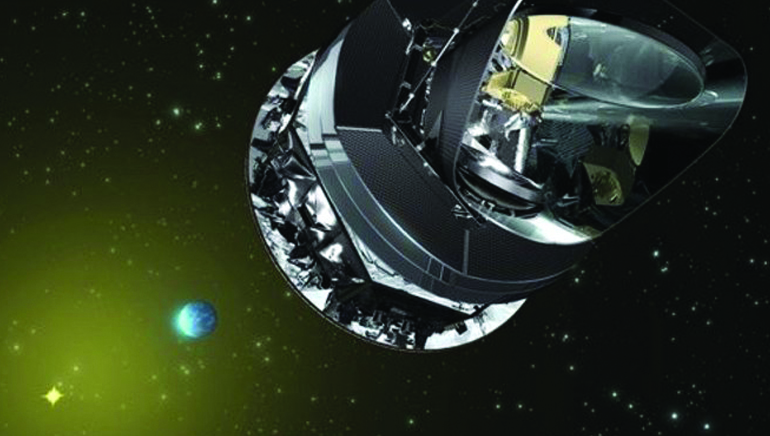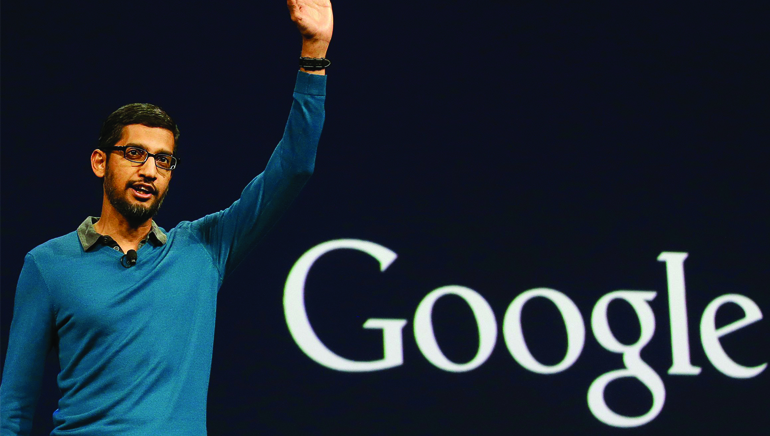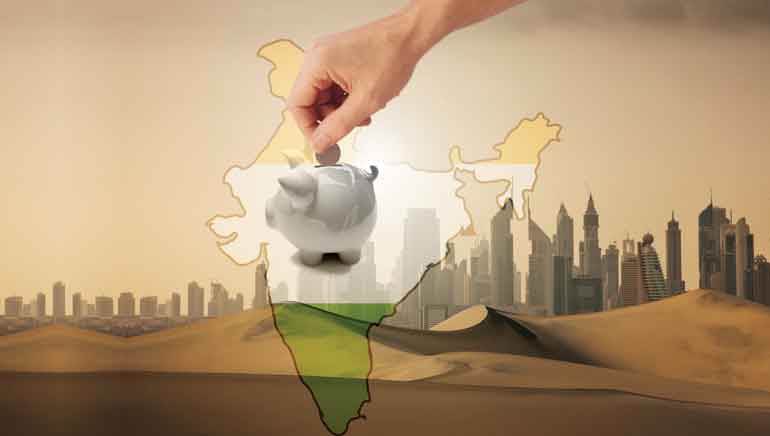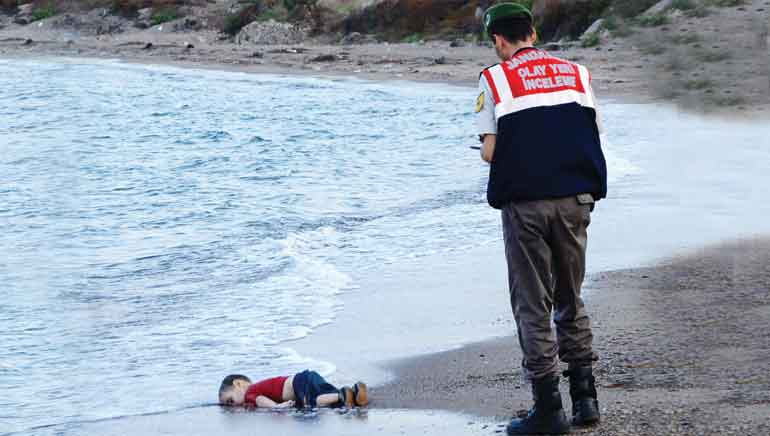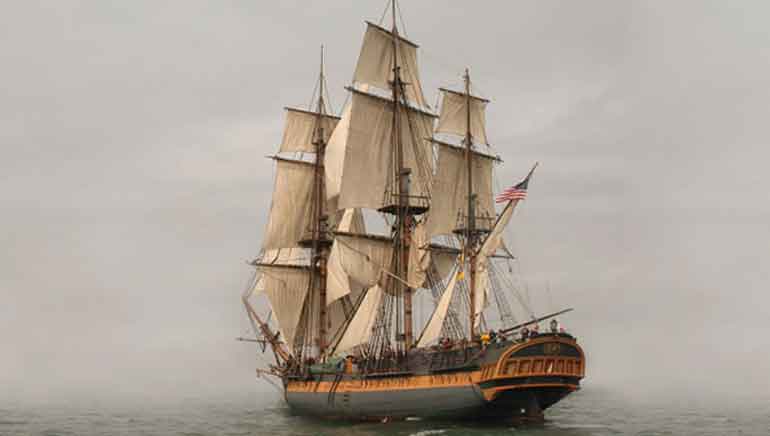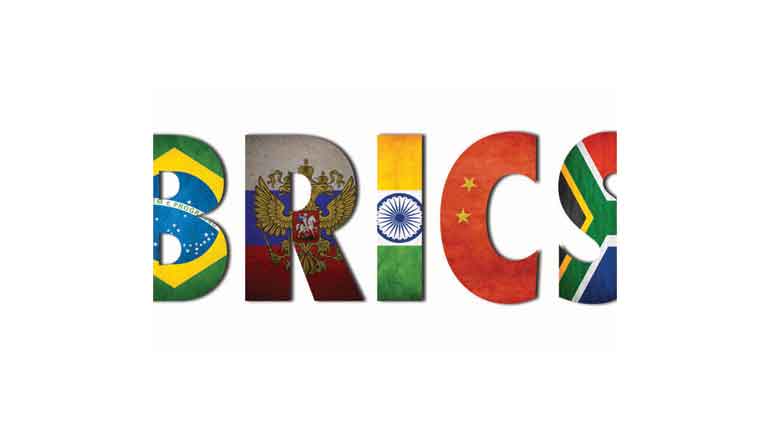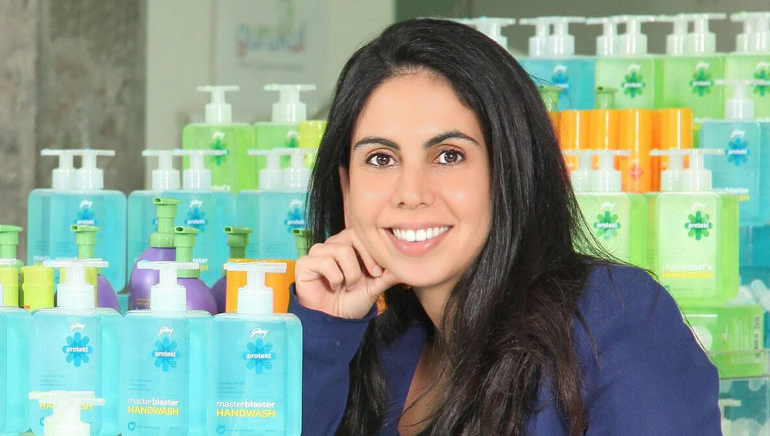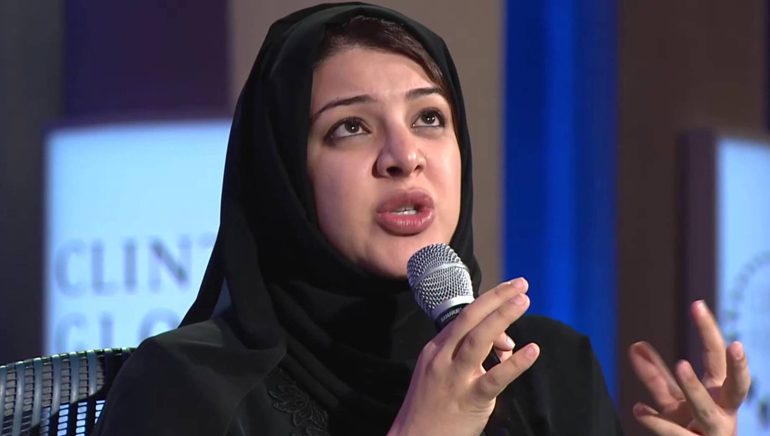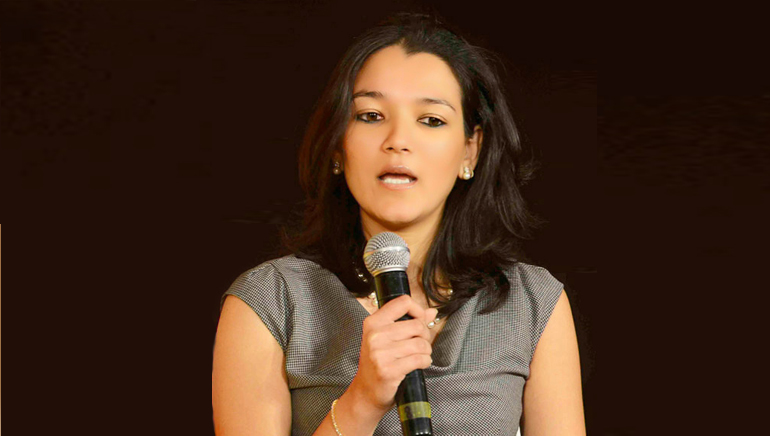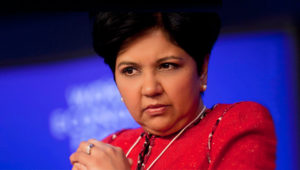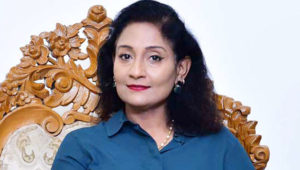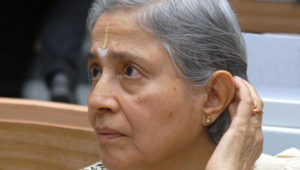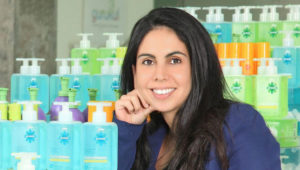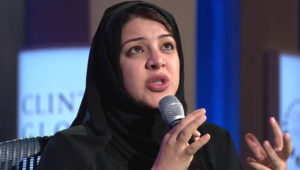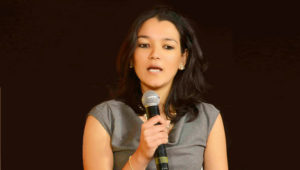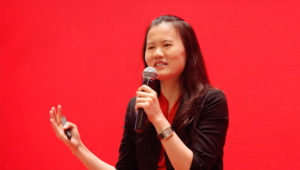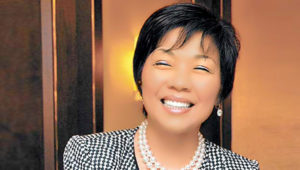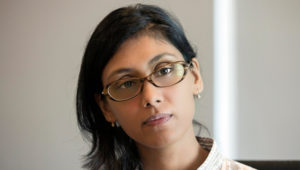With a promise of million dollar investment in India, United Arab Emirates, the business capital of the world is all set to plant its investment seeds in one of the fastest growing economies of the world
Indian Prime Minister, Narendra Modi’s two day visit to the UAE captivated the well-heeled Emirates to commit an investment target of $75 billion. As professed by Modi’s political stage last year, he is definitely not leaving any stone unturned which can help India emerge as an economical powerhouse with assured development across sectors.
Strengthening the Indo-UAE bond
Both the nations are trying to fill the void created over 34 years, after which India could materialize a visit to the UAE. Modi’s visit to a progressive and capital-friendly nation, the UAE could be an answer to India’s imperative economic expansion. Bestowing his trust in the UAE government Narendra Modi said, “The UAE is an economic success story that has attracted people from all over the world, and it has also emerged as an important logistics hub.”This being Indian Prime Minister’s maiden visit to an Islamic country, many neighbors were closely monitoring it to there benefit. As the joint statement calling Modi’s visit to have marked the beginning of a new and comprehensive partnership between the UAE and India, we hope to see more of Gulf investments coming up anytime in India.
Global success stories
UAE’s strong infrastructure, political stability and economic progress are some of the major points of attraction for people to seek business opportunities from across the world. It has successfully attained the throne of a thriving international centre for trade. India on the other hand is looming as one of the major world powers with significant contribution to the advancement of global peace and stability.
The ongoing dynamics between the two nations is definitely a strong mechanism of rapidly expanding economic union, making India to be UAE’s second largest trading partner and on the other hand, the UAE not only as India’s third largest trade partner but also a gate pass to the economic epicenter of the world.
Ensuring peace
The world heard a joint message which came loud and clear from the Dubai cricket stadium, when Narendra Modi said,“We have raised our voice against terrorism in unison from this soil. This is significant.”
In a statement delivered by the country heads, both UAE and India seem to have come down on the nations sponsoring terror arms and services against others. In a recent move, the Middle East tweaked its strategic realities and true to his style, Modi had studied it well in advance.
It was clear from the UAE’s backing India’s concern on terror, as it deep down underlines terrorism being one of the many challenges faced by the Gulf nations at a time when they are on the rising road. Both the nations collectively want to eradicate the problem of terrorism which is advancing due to the misuse of religion by groups and countries to incite hatred and hence justifying the horrific acts of gruesome killing of innocent people.
You call it Narendra Modi’s charisma or a tactful move, a month after Indian Prime Minister, Modi’s highly successful Gulf visit, UAE has come out with an early support finalization of the Indianproposed Comprehensive Convention on International Terrorism (CCIT) treaty at the United Nations. UAE has asserted India that it will find ways to encourage other countries reach a consensus soon.
Energy, the preeminent one
India is in need to secure its energy supplies and consolidate economic relations with the GCC region- Bahrain, Kuwait, Oman, Qtar, Saudi Arabia, and the UAE. As the UAE alone stands out to be the third largest trading partner of India in 2014-15, just after US and China, it’s important to brace the investment relations with the UAE at a high pace now.
One of the many agendas of Modi visiting the UAE was to renew the energy tie-up with the nation, which includes UAE’s participation in the calculated petroleum reserves, upstream and downstream petroleum sectors, and the joined efforts with other countries.
A boost to trade & Investments
Just at the time when people in India started questioning the current government’s credibility in the realm of economics, Modi has planned a trade upscale of 60 percent in the coming five years.
UAE seems to have been fully convinced with the idea of India standing out as a global power in the upcoming decade as it has recently agreed upon a huge investment amount in the Indian sub-continent.
Though the $75 billion UAE-India Infrastructure Investment Fund can also prove to be the best channel through which UAE can co-invest in India’s National Investment and Infrastructure Fund (NIIF). As per the joint statement issued by both the countries this will “support investment in India’s plans for rapid expansion of next generation infrastructure, especially in railways, ports, roads, airports and industrial corridors and parks.”
Many GCC countries are nowadays eyeing India as one of the potential investment destinations in Asia. India’s plan for rapid expansion of next generation infrastructure is one of the key reasons for it to plan large investment chunks from the cash-rich gulf nations. UAE at the same time looks out for cheap human resources from India to help them convert the world-class country blueprint with top-notched facilities in the information technology, construction and transportation to become a reality.
The UAE will also be inviting the Indian companies to invest in the Small and Medium Enterprises and help Dubai to be amongst the favorite place for those looking to start their own business ventures without needing a local Emiarti partner in order to create a hassle-free business environment.
The two countries also talked about cooperating with each other to promote scientific tie-ups in diverse sectors like renewable energy, sustainable development, arid agriculture, desert ecology, peaceful use of nuclear energy and urban development.
ADIA’s role as an Investor
With Indian Prime Minister, Narendra Modi announcing an investment potential of $1 trillion in India, the Abu Dhabi Investment Authority (ADIA) is speculating the economical mutiny to plan a calculated investment in the country.
ADIA is one of the world’s largest sovereign wealth funds, which has already invested in a couple of sectors in the growing economy (India). In an attempt to widen the scope of investment by the ADIA in India, Modi said that, “I will send my commerce minister to try and find solutions to the problems faced by some UAE investors.”
From the administrator’s vision, India’s economy will continue to grow at an impressive pace in 2015. Some of the crucial concerns raised by the investors in the UAE are:
• Single window clearance was the primary one as it is critical to simplify the cumbersome processes for doing business in India.
• The Indian government should play the part of a key partner to create a more business-friendly environment for the investors.
• There should be an online process of applying for industrial license and industrial entrepreneur memorandum. Thus, the UAE’s $800 billion wealth fund authority has India in its list of countries to tap for its infrastructure needs.
Defence & Security alliances
According to Stockholm International Peace Research Institute, the UAE spent $14.4 billion on its defence preparations. UAE and India have joined hands to draw benefit out of their training and security programs to bilaterally help both of them.
Time and again there are serious security issues reported in the region, and the UAE being aleading nation in the GCC, is taking the initiative of stabilizing the force. Last year, India’s most powerful vessels anchored in the Dubai ports for a joint exercise with the Emiratis in the Persian Gulf. Soon after Modi’s visit, both the nations released a joint statement clearly indicating that defence will play an integral part of the future ties with the UAE along with energy and finance sectors.
UAE was the world’s fifth largest importer of weapons for five years till 2013, though it is still in urgent need of a competent manpower system.
It is, therefore essential for both the nations to support each other in the critical areas that are of national concern like security.





